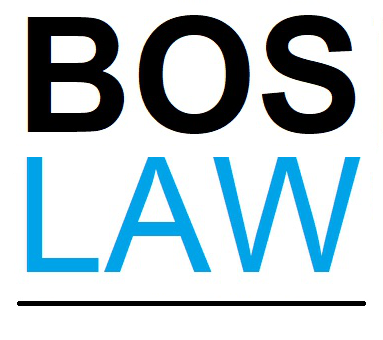LICENSING
BORING!
Yes, smarty, if it’s done right. Of everything we talk about on this website this is probably the most “business” topic. But this isn’t JUST about money, it’s about sharing your intellectual property and maintaining the appropriate level of control in the process. And it’s about money.
Just what is a license, anyway?
A license is a species of contract. As such there are certain elements it must have to be valid. The point of this contract is to memorialize an agreement between an IP owner and a party interested in using that IP. The “use” in question can be absolute such as a sale or “assignment” of all of the rights, or it can be limited. Limited licenses are very common. You can limit the time the IP can be used, you can limit the purposes (personal use, but not commercial, for example), you can limit what can be done with it (perhaps they can show it, but they can’t make something new out of it, etc.). Even payments can be creative. Perhaps there is a certain amount up front with periodic royalties based on some metric like sales, or clicks, or just about anything you can imagine and measure. From here it gets more complex, I’m afraid. Are you thinking of licensing your trademark to someone? You have to be careful that it isn’t “naked licensing” or an “assignment in gross.” Let’s chat if you may have this opportunity.
Do I need a license if I’m making my own stuff?
It’s certainly possible. Are you editing that COOL video footage you have from your drone tour of the west coast? Are you setting it to music? You may need “synch rights” in order to avoid infringing someone’s copyright! Did you just crank out the latest sick banger on your laptop? EXCELLENT! Did you use any samples? We should chat. And don’t forget to Learn Even More about copyright!
I didn’t sign anything, so there isn’t a license, right?
Well, not necessarily. Certain situations require a written contract by law (true in Washington, and this is fairly common) anything else COULD be subject to an oral contract. Do NOT agree to anything until you know exactly what you are getting in to.
Seriously, I just want to share my stuff with the world!
That is perfectly fine (and quite noble), but we are still going to manage your rights and put some licensing in place. Aside from getting the protection you deserve for your IP, like copyright or trademark, at a minimum you should declare and enforce attribution. YOU are the creator, get credit at least. Creative Commons licenses are a smooth easy way to do exactly this, and they have been at it for decades.
If I’m just making it to sell it I don’t need a license, right?
Perhaps. But just selling intellectual property may not be the most effective process (and be extra careful if you are “selling” a trademark). The right licensing can give your creations a much longer “earning lifetime” than just a sale. Is this where we talk about NFT’s?
That’s MY question! What do NFT’s have to do with licensing?
First, let’s talk about what NFT’s (non-fungible tokens) are NOT. They aren’t contracts. They aren’t proof of ownership. They aren’t a type of art. By themselves … they really aren’t much. But under the right circumstances they can be genius! You can think of an NFT as adding a serial number to a specific electronic file. You can continue to make copies of that picture of a puppy licking a baby, but only ONE image will be associated with the one NFT. This creates the scarcity that your daughter’s finger paintings enjoy inherently by existing in the physical world. Once you have that rare and BRILLIANT digital creation you can manage that very specific IP with a license (you can even use “smart” contracts to ensure that conditions such as royalties associated with subsequent sales are generated, very cool). NFT’s use the same blockchain distributed ledger technology as cryptocurrency so, again, it gets more complex from here. Let’s chat about it, or you can do some research on your own. I enjoyed this article on Cointelegraph.com by Onkar Singh recently.

